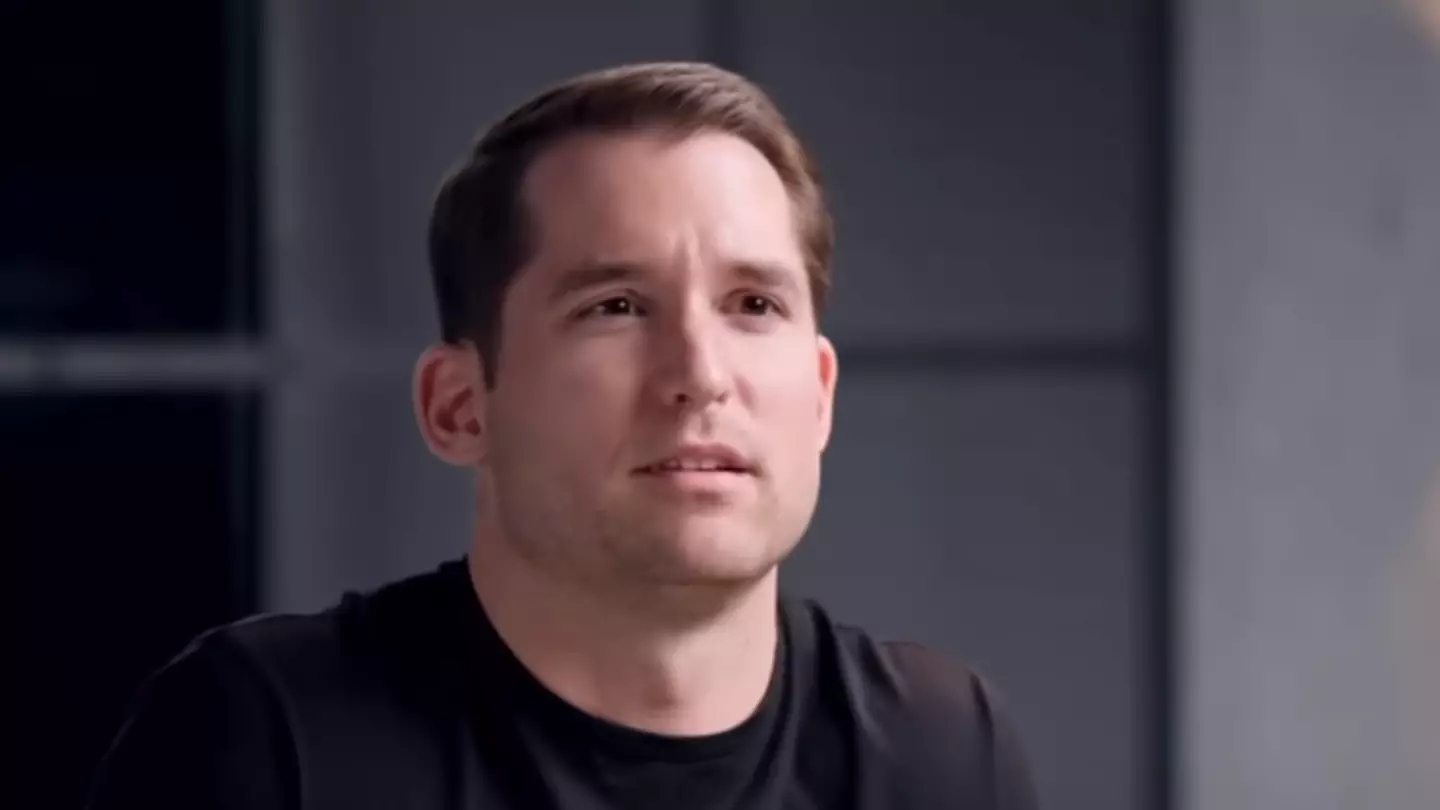
Have you ever found yourself questioning whether someone is telling the truth? Well, a trial lawyer is on hand to reveal the one word that's an obvious 'giveaway' someone is lying.
If an individual is a notoriously good liar, it can be extremely difficult to pinpoint when they are being honest or not.
And no matter how many times you probe them, you get an answer - but still feel as though they are being deceitful.
Well, during a recent appearance on The Diary Of A CEO podcast with Steven Bartlett, trial lawyer Jefferson Fisher claimed that one particular word could indicate that someone is lying.
Advert
Fisher went on to share a scenario that explained his point further.
"Were you texting while you were driving that day?" Bartlett asked to which Fisher responded: "No, I never text. Never text when I drive."

"Notice I said a big word. I said ‘never’. Never is an extreme. Extremes are a dead giveaway that they’re usually not telling the truth," the Texas-based lawyer noted.
"Everybody texts when they drive at some point in time, even in your car. Never and always. It’s always or never true. So that’s a big one."
Liars often answer questions 'really quickly', according to Fisher.
READ MORE:
ELON MUSK ASKS ONE CRUCIAL QUESTION IN EVERY JOB INTERVIEW TO SPOT A LIAR
EXPERT REVEALS 'RED FLAG' SIGNS THAT MEAN SOMEONE IS LYING TO YOU
The trial lawyer added: "They’ll say, ‘well, I mean sometimes I do’, because now they hinge on that word ‘never’."
Scientists have previously shared a technique which can help to catch out whether someone is telling the truth.
This is something you have to do when you ask someone a question.
It involves them having do something else while they are talking to you.
The technique is based on the fact that lying can strain the brain, as it can take more effort to say something that's not true and remember.
Adding in another task which is being done parallel to the lying should be enough of a distraction for someone to slip up apparently.
Professor Aldert Vrij, study author from the Department of Psychology at the University of Portsmouth, said: "In the last 15 years we have shown that lies can be detected by outsmarting lie tellers.
"We demonstrated that this can be done by forcing lie tellers to divide their attention between formulating a statement and a secondary task."
Prof Vrij added: "Our research has shown that truths and lies can sound equally plausible as long as lie tellers are given a good opportunity to think what to say. When the opportunity to think becomes less, truths often sound more plausible than lies."
Topics: Psychology
